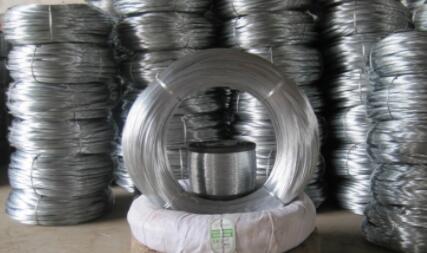Understanding the Different Types of Nails for Building A Comprehensive Guide
When embarking on any construction or woodworking project, selecting the appropriate materials is paramount, and nails play a crucial role in the integrity and durability of the structure. Nails come in various shapes, sizes, and materials, each suited for specific applications. This article will explore the primary types of nails used in building, their characteristics, and their best uses.
1. Common Nails
Common nails are perhaps the most recognizable type of nail and are widely used in both construction and remodeling projects. They have a thick shaft and a flat, rounded head, which allows for a strong hold in a variety of materials, including wood. Common nails are typically made from steel, making them durable and resistant to bending. They range in size from 1 inch to 6 inches in length and are ideal for framing, sheathing, and general construction. However, they are not the best choice for applications exposed to moisture unless they are galvanized to prevent rusting.
2. Finishing Nails
If you're working on projects where aesthetics and precision matter, finishing nails are the go-to option. These nails have a smaller diameter and a smaller, almost invisible head, allowing them to be driven deep into the wood and hidden with wood putty. They are excellent for trim work, cabinetry, and molding where a smooth finish is essential. Finishing nails are typically made from steel but can also be found in stainless steel and brass for corrosion resistance and enhanced appearance.
3. Framing Nails
Designed specifically for framing, these nails are thicker and longer than common nails. Framing nails often feature a ringed or spiral shank design, which provides superior holding power in structural applications. They are usually used with nail guns, allowing for quick and efficient assembly of wooden structures, such as walls, roofs, and floors. These nails are generally made from steel and come in various sizes to accommodate different thicknesses of lumber.
types of nails for building

As the name suggests, roofing nails are specially designed for securing shingles and other roofing materials. These nails usually have a wide, flat head to ensure that they hold roofing materials securely against wind and water penetration. Often made from galvanized steel, roofing nails are resistant to corrosion, making them ideal for outdoor applications. Depending on the roofing materials being used, the length of roofing nails can vary but typically ranges from 1 to 2 inches.
5. Concrete Nails
Concrete nails are tough and durable, specifically designed for fastening wood to concrete or masonry. Made from hardened steel, these nails possess sharp points to penetrate tough surfaces easily. Concrete nails come in various lengths and should be driven using a hammer or nail gun specifically designed for this purpose. It is advisable to use a hammer with a masonry or framing nail to ensure proper installation.
6. Brad Nails
Brad nails are thinner than finishing nails and are ideal for light-duty tasks. Their small size makes them perfect for delicate work, such as attaching thin trim or fabric, where the visibility of the nails is a concern. Like finishing nails, brads can be used in a brad nailer, making them preferable in projects demanding precision and a clean finish.
7. Specialty Nails
Beyond the basic types mentioned above, there are also a variety of specialty nails designed for specific applications. For instance, siding nails are designed to attach siding materials, while deck nails are specifically made for outdoor decking projects. Additionally, tacks and upholstery nails are used in furniture work, while clasp nails are designed for fastening materials like roofing felt.
Conclusion
Selecting the right type of nail for your building project is crucial for achieving the desired results and ensuring the longevity of your structure. By understanding the different types of nails available, you can make informed decisions that will enhance the efficiency, aesthetics, and durability of your work. Whether you're constructing a new building, remodeling an existing space, or engaging in a DIY project, the right nails are fundamental to successful construction.

















